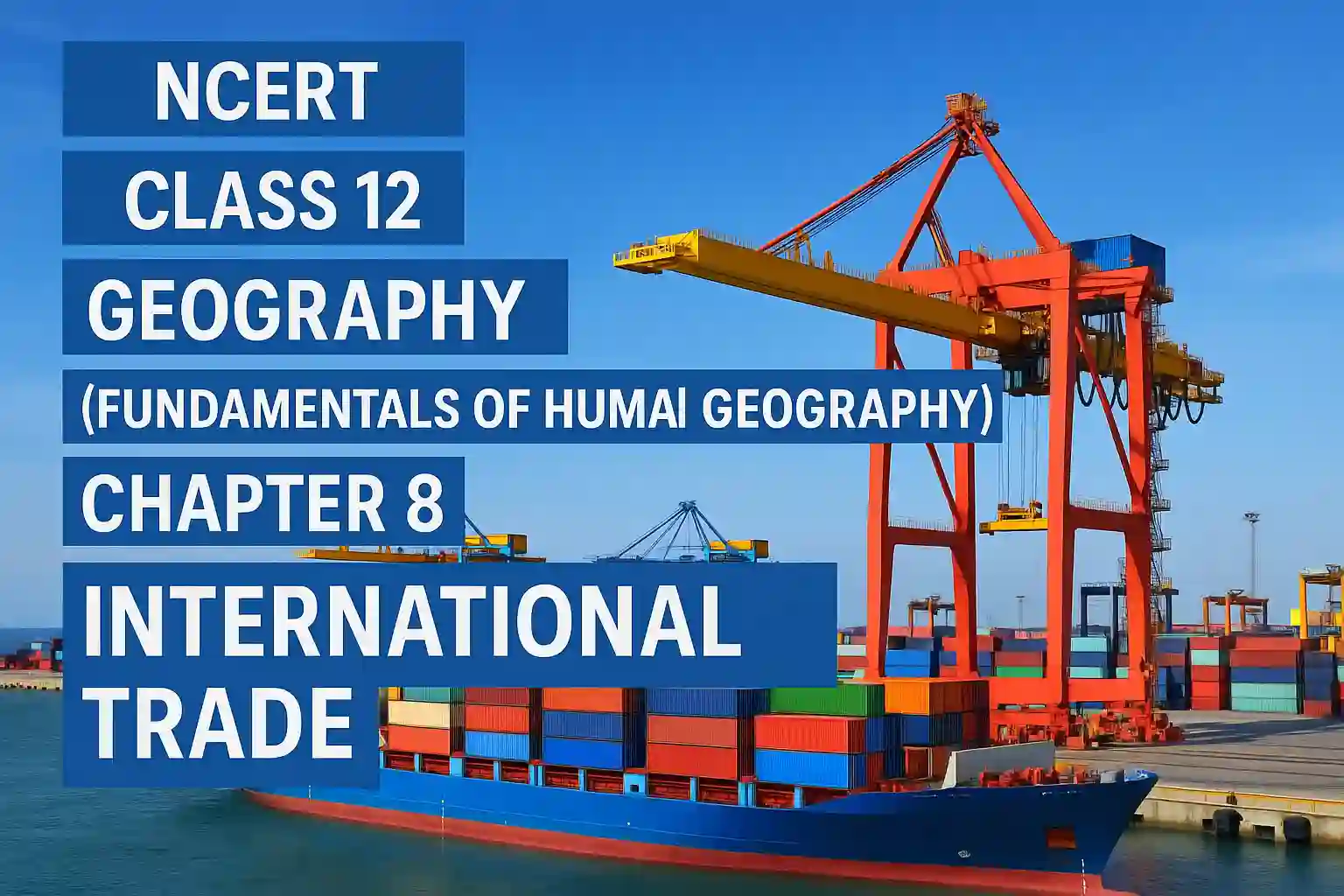It’s surprising but true—more than 10,000 aspirants have applied for just four Deputy Commandant posts under the Home Guard Department recruitment drive in Rajasthan. The vacancy notice was released as part of the Rajasthan Subordinate and Ministerial Services Selection Board (RSMSSB) recruitment 2025.
I’ve seen competition in government jobs before, but this one beats most of them in intensity. The numbers show how desperate and dedicated candidates are to secure even a single government seat, especially one that comes with uniform, rank, and authority.
Huge Response for a Limited Opportunity
The recruitment is for only four Deputy Commandant positions, yet more than 10,000 candidates submitted their applications within a few weeks. This means more than 2,500 candidates are competing for each seat. That’s more competitive than some entrance exams.
Qualification and Eligibility
As per the official notification, candidates must hold a graduation degree and should be physically fit. The physical efficiency test is going to play a key role in shortlisting since only the best will make it through.
- Age limit: 20 to 25 years
- Education: Bachelor’s degree from a recognised university
- Physical criteria: Standard height and chest measurements, plus a physical test like race and long jump
The number of female applicants has also gone up compared to earlier years, showing changing trends in how women are stepping into uniformed roles.
What’s Driving the Numbers?
There are several reasons behind this massive response:
- Limited vacancies in the defence and paramilitary sectors this year
- Youth from rural Rajasthan aiming for dignified government roles
- Good pay scale and career growth in commandant-level positions
- Direct appointment by the Home Guard Department makes the post more attractive than contractual roles
Many coaching centres in Jaipur, Jodhpur, and Kota have reported a jump in enrolments just for this specific exam. I personally know two aspirants from Ajmer who left private jobs to prepare for this role full-time.
Selection Process
The selection will be conducted in the following stages:
- Written Exam: Objective-type paper based on general knowledge, reasoning, and law basics
- Physical Test: Including running, push-ups, long jump, etc.
- Medical Test: Fitness and health check
- Interview/Personality Test
The final merit list will be based on combined marks from all rounds. Those who fail in physical fitness will be disqualified irrespective of their written marks.
Final Thoughts
When 10,000 candidates chase just four seats, the pressure is real. But this is also a reflection of how much value our youth places on uniformed services. The role of Deputy Commandant comes with authority, risk, and pride—and thousands are ready to fight for it.
If you are one of the aspirants, make sure you’re preparing not just on paper but also physically. These four seats are not for the average candidate, but for the truly prepared one.














